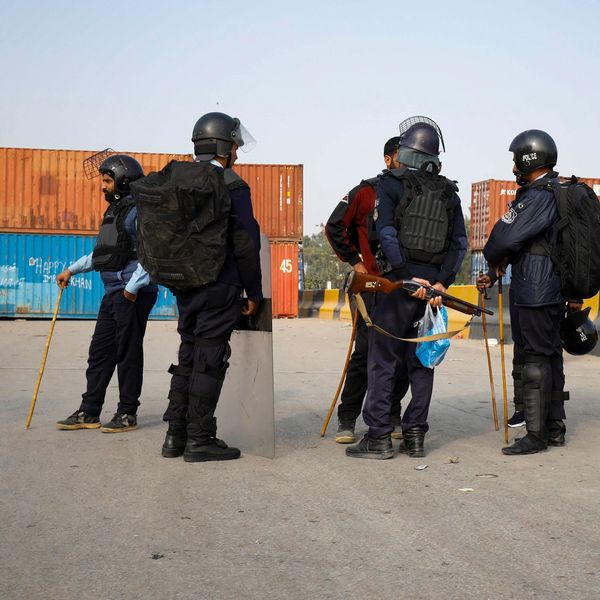Shanghai Power cancels $1.77B deal for K-Electric stake
Chinese firm says utility company’s shareholders failed to fulfil deal’s precondition
Business Desk
The Business Desk tracks economic trends, market movements, and business developments, offering analysis of both local and global financial news.

Reuters
After nearly a decade of stalled negotiations and regulatory gridlock, Shanghai Electric Power Co. (SEP) has officially terminated its $1.77 billion agreement to acquire a majority stake in K-Electric, Pakistan’s largest power utility.
The Chinese firm announced the decision in a notice filed with the Shanghai Stock Exchange on Wednesday, marking the end of a long-awaited transaction once touted as a turning point for Karachi’s energy infrastructure.
The deal, first unveiled in 2016, involved Shanghai Electric acquiring a 66.4% stake in K-Electric — totaling over 18.3 billion shares — from KES Power Ltd., a consortium led by Saudi Arabia’s Al-Jomaih Group, Kuwait’s National Industries Group, and the now-defunct Abraaj Group, multiple sources and officials familiar with the development told Nukta.
The agreement also included up to $27 million in performance-based incentives tied to K-Electric’s operational benchmarks.
But SEP cited persistent failures by the KE existing shareholders to meet the deal’s preconditions, as well as shifting dynamics in Pakistan’s business environment, as reasons for walking away.
“Given the counterparty’s consistent inability to fulfill closing preconditions and the evolving environment in Pakistan, the company has decided to terminate this acquisition to safeguard the interests of its shareholders,” SEP said in its filing with the Shanghai Stock Exchange.
The company’s board approved the termination on Sept 9, formally passing a resolution titled “Terminating and Writing Off the Equity Acquisition of KE Pakistan.”
Regulatory Roadblocks and Strategic Shifts
The deal had faced repeated regulatory delays, including prolonged issues around securing a National Security Certificate (NSC) from the government of Pakistan — a key condition for the transaction to proceed.
Additional complications included outstanding receivables owed to KE by various government entities, which remained unresolved throughout the negotiations.
“This is a blow not just to K-Electric, but to Pakistan’s investment climate,” said an energy analyst based in Islamabad.
For K-Electric, however, the collapse of the deal raises fresh uncertainty about its long-term investment and infrastructure plans. The utility, which supplies power to over 3 million customers in Karachi and surrounding areas, had hoped the acquisition would unlock significant capital for grid upgrades, generation capacity, and service improvements, said an analyst.
With SEP out of the picture, K-Electric remains under the ownership of KES Power, and its ability to attract future foreign investment could face renewed skepticism.
Shanghai Electric’s bid, once seen as a symbol of China’s growing strategic interest in Pakistan’s energy sector, had been in limbo since 2016, with both parties periodically extending the transaction timeline.
“This was not just a corporate deal — it was a test case for foreign direct investment in Pakistan’s critical infrastructure,” an analyst added. “Its failure highlights the urgent need for regulatory reform and improved investor confidence.”










Comments
See what people are discussing